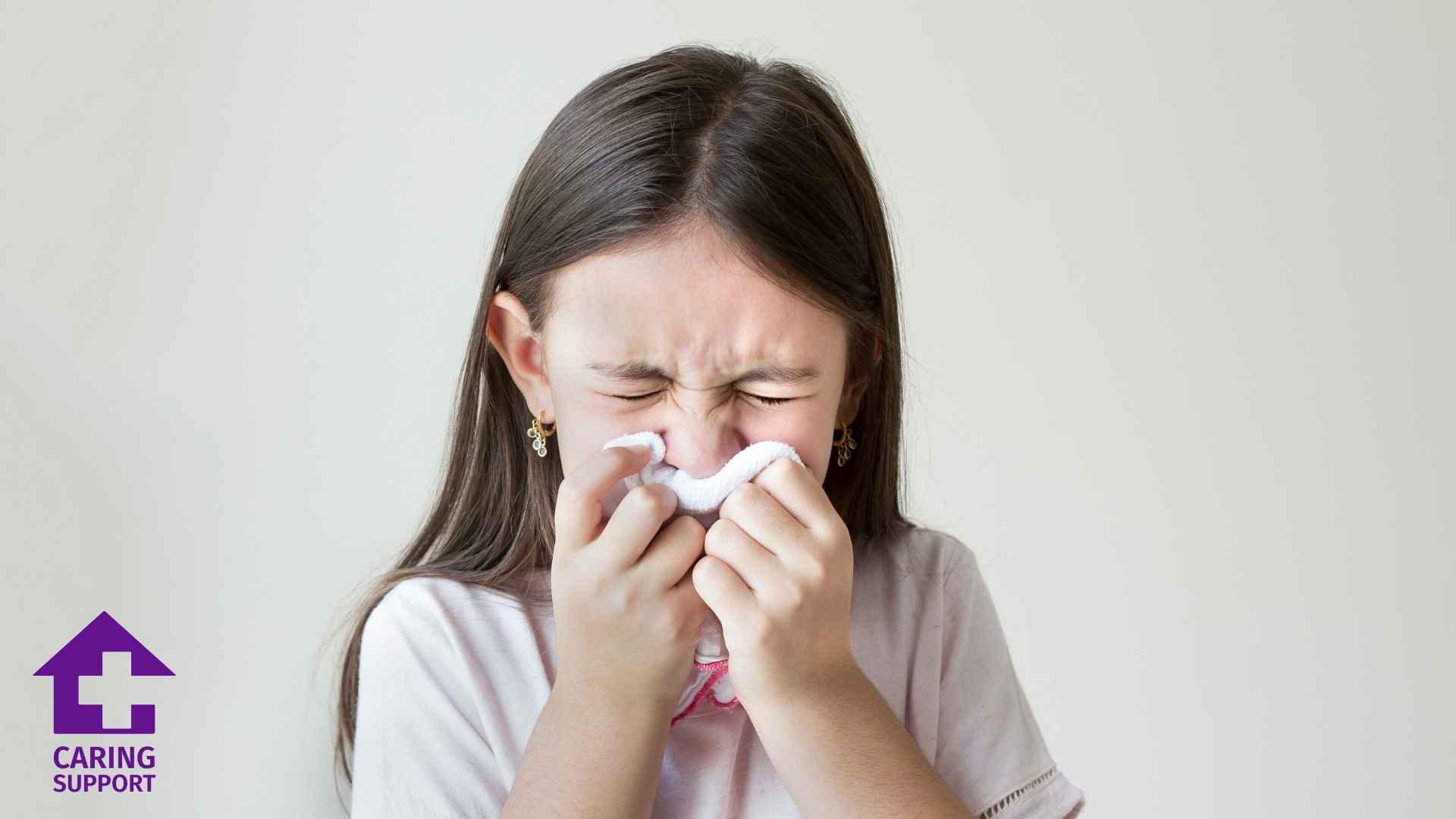
Cold Weather Can Weaken the Immune System
New research shows cold temperatures can impair immune responses, making people more vulnerable to viruses. Colder air affects the nose, dries out skin, and increases physical stress, all of which help infections take hold. Children, teens, and older adults are most at risk, reinforcing the importance of vaccination.

Flu Activity Reaches Highest Levels in Three Seasons
Influenza is spreading rapidly across Canada, with test positivity reaching nearly 28 per cent, the highest in three years. Experts say multiple circulating strains, especially H3N2, are driving pressure on hospitals. Outbreaks and hospitalizations are rising, prompting renewed calls for vaccination to reduce illness severity.

Canada Sees Decline in Drug Overdose Deaths
Health Canada reports year-over-year declines in overdose deaths and hospitalizations. Opioid-related deaths fell 22 per cent and stimulant deaths dropped 38 per cent, reaching the lowest levels since 2020. Factors include reduced fentanyl presence, wider naloxone access, and lower opioid use among young adults.

Festive Scents May Affect Indoor Air Quality
Holiday candles, fireplaces, and scented products create ambiance but can release pollutants that affect indoor air quality. Experts say moderation, ventilation, and air purifiers can reduce risks, especially for children and people with lung or heart conditions. Cleaner air supports better respiratory health without eliminating seasonal traditions.

Holiday Fatigue Is Leaving Canadians Exhausted
Many Canadians feel more tired and emotionally drained during the holidays despite time off. Sleep experts cite hosting pressures, frequent social events, travel, alcohol, and late nights as key causes. Poor sleep quality accumulates, impacting wellbeing. Experts recommend prioritizing rest, setting boundaries, and scheduling nightly wind-down time.

Children’s respiratory illnesses surge; health officials urge vaccination
Canada is seeing rising pediatric respiratory infections—flu, COVID-19 and RSV—with Saskatchewan reporting higher test positivity and school absenteeism at 12.2%. Influenza A (H3N2) dominates; many affected children weren’t vaccinated. Hospitals, especially pediatric ERs, face pressure. Officials recommend flu shots, hygiene, distancing and staying home when ill to reduce spread.